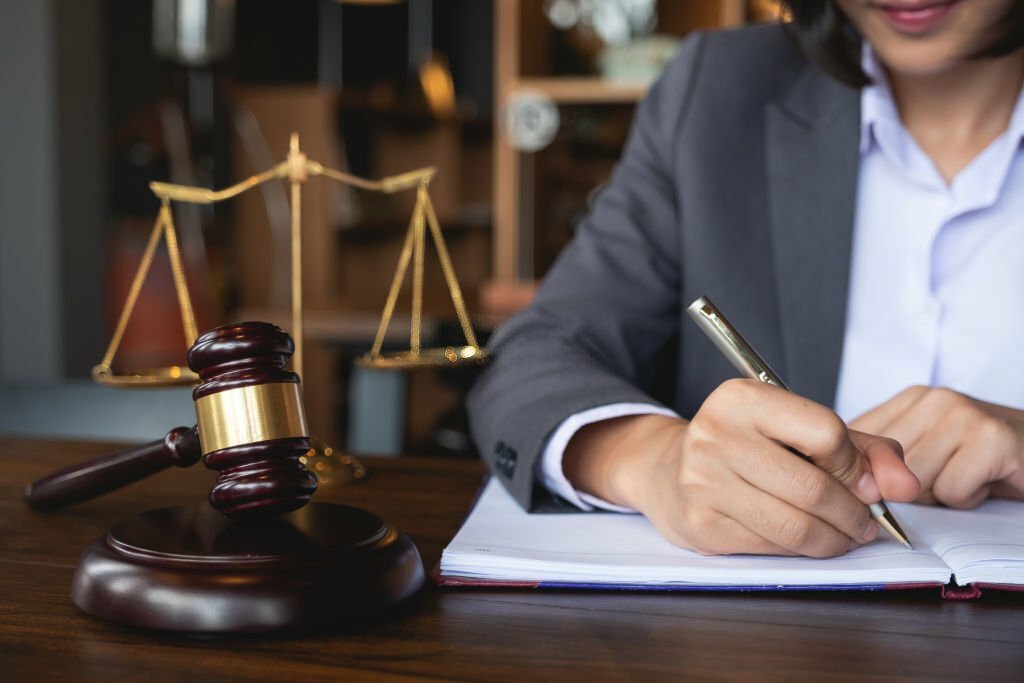In the dynamic and highly competitive world of sports, reputation is a currency that can be just as valuable as championship trophies. Sports organizations, from professional leagues to grassroots clubs, invest heavily in building and maintaining a positive image.
However, this reputation can be fragile, and susceptible to various challenges, with defamation being a significant threat. This article explores the power of reputation in the sports industry and delves into the challenges posed by defamation. Additionally, we will discuss effective solutions that sports organizations can employ to safeguard their standing in the public eye.
The Importance of Reputation in Sports
Sports, beyond being a realm of competition and athleticism, operates as a multifaceted industry with global reach. In this expansive and interconnected landscape, reputation stands as a cornerstone that can either elevate or undermine the standing of sports organizations.
1. Building Brand Equity
The reputation of a sports organization is intrinsically linked to its brand equity. Fans, sponsors, and other stakeholders are more likely to engage with and support an organization that has a positive and trustworthy image. A strong reputation can enhance a brand’s value, attracting lucrative sponsorship deals and partnerships.
2. Fan Engagement and Loyalty
The loyalty of sports fans is often unwavering, but it hinges on the perceived character and values of the organization they support. A positive reputation fosters a sense of trust and connection with fans, leading to increased engagement, ticket sales, and merchandise purchases.
3. Attracting Talent
Athletes, coaches, and staff are more inclined to align themselves with organizations that have a stellar reputation. A positive image can be a decisive factor in attracting top-tier talent, contributing to on-field success and off-field popularity.
Defamation: A Threat to Sports Organizations
In the dynamic and often turbulent world of sports, where narratives are shaped by on-field triumphs and off-field stories, defamation emerges as a potent threat that can cast a dark shadow on the reputation of sports organizations.
The impact of false or damaging statements can reverberate far beyond the immediate aftermath, posing challenges that extend into legal, financial, and public relations domains.

1. Social Media Proliferation
In the age of social media, information spreads like wildfire. False or damaging statements can quickly gain traction, reaching a vast audience before organizations have a chance to respond. The viral nature of social media makes defamation a potent threat to the reputation of sports entities.
2. Media Scrutiny
Sports organizations operate under constant media scrutiny. While media coverage can enhance visibility, it also exposes them to the risk of misinformation and sensationalism. Inaccurate reporting or biased narratives can harm an organization’s reputation, affecting public perception and stakeholder confidence.
3. Player and Staff Conduct
The actions of athletes, coaches, and staff members, both on and off the field, can significantly impact the reputation of a sports organization. Incidents involving misconduct, controversial statements, or legal issues can tarnish the brand and lead to long-lasting damage.
Legal Implications of Defamation in Sports
Defamation poses not only reputational challenges for sports organizations but also significant legal ramifications. This section explores the legal implications of defamation in sports, shedding light on the intricacies of pursuing legal recourse and the challenges associated with proving defamation.
1. Defamation Lawsuits
Sports organizations have the legal recourse of filing defamation lawsuits against individuals or entities spreading false and damaging information. However, legal action can be a double-edged sword, attracting further attention to the allegations and prolonging the negative impact on reputation.
2. Burden of Proof
Proving defamation in a court of law requires demonstrating that the statements made were false, damaging, and made with malicious intent. The burden of proof can be challenging, and the legal process itself may take a toll on the organization’s resources and time.
3. Public Relations Challenges
Defamation allegations often lead to a public relations crisis. Even if a sports organization is successful in a legal battle, the court of public opinion may not be as forgiving. Managing public relations effectively becomes crucial to mitigating reputational damage.
Solutions to Defamation Challenges
Defamation poses not only reputational challenges for sports organizations but also significant legal ramifications. This section explores the legal implications of defamation in sports, shedding light on the intricacies of pursuing legal recourse and the challenges associated with proving defamation.

1. Proactive Reputation Management
This section delves into the components of proactive reputation management, outlining strategies that can help safeguard the integrity and perception of sports entities.
a. Monitoring Social Media
Employ advanced monitoring tools to track mentions and discussions about the organization on social media platforms. Timely identification of potential issues allows for proactive measures.
b. Engaging with Fans
Foster a direct and transparent relationship with fans. Regular communication and engagement help build trust, making it less likely for false information to gain traction.
2. Media Relations Strategy
In this section, we explore key elements of an effective media relations strategy designed to address and mitigate defamation challenges.
a. Building Strong Media Relationships
Cultivate positive relationships with journalists and media outlets. Establishing open lines of communication can facilitate accurate reporting and provide the organization with an opportunity to address any potential issues promptly.
b. Rapid Response Protocols
Develop protocols for responding quickly to emerging situations. A swift and well-managed response can mitigate the impact of false information and demonstrate the organization’s commitment to transparency.
3. Educating Stakeholders
This section outlines strategies for educating various stakeholders, including athletes, coaches, staff, and the public, as a means of mitigating defamation risks.
a. Internal Training Programs
Educate athletes, coaches, and staff on the importance of responsible behavior both on and off the field. Training programs can help prevent incidents that might lead to defamation risks.
b. Public Awareness Campaigns
Launch campaigns to educate the public about the organization’s values and commitment to integrity. A well-informed public is less susceptible to misinformation and more likely to support the organization during challenging times.
4. Legal Preparedness
In this section, we delve into key aspects of legal preparedness, offering insights into consultations with legal experts, crisis management plans, and the intricate balance between legal action and public relations.

a. Legal Consultation
Establish a relationship with legal professionals well-versed in defamation law. Consultation and guidance from legal experts can help organizations understand their rights and options in the face of defamation threats. For more detailed insights on defamation defense strategies and legal preparedness, visit this site.
b. Crisis Management Plans
Develop comprehensive crisis management plans that include legal strategies. Having a well-defined course of action in place can expedite responses to defamation incidents and minimize potential damage.
5. Investing in Technology
This section explores how sports entities can leverage technology to enhance their defamation defense mechanisms.
a. Deepfake Detection
With the rise of deepfake technology, invest in advanced detection tools to identify and counter fabricated content. Proactively addressing deepfake threats can prevent the spread of malicious information.
b. Blockchain for Verification
Explore blockchain technology for content verification. This decentralized and tamper-resistant system can be utilized to verify the authenticity of statements and media associated with the organization.
Conclusion
In the interconnected world of sports and media, the power of reputation cannot be overstated. Sports organizations must be vigilant in safeguarding their image against the ever-present threat of defamation.
By implementing a combination of proactive reputation management, media relations strategies, stakeholder education, legal preparedness, and technological investments, sports entities can navigate the challenges posed by defamation and emerge with their reputation intact. In doing so, they not only protect their brand but also ensure the continued support and loyalty of fans and stakeholders alike.










